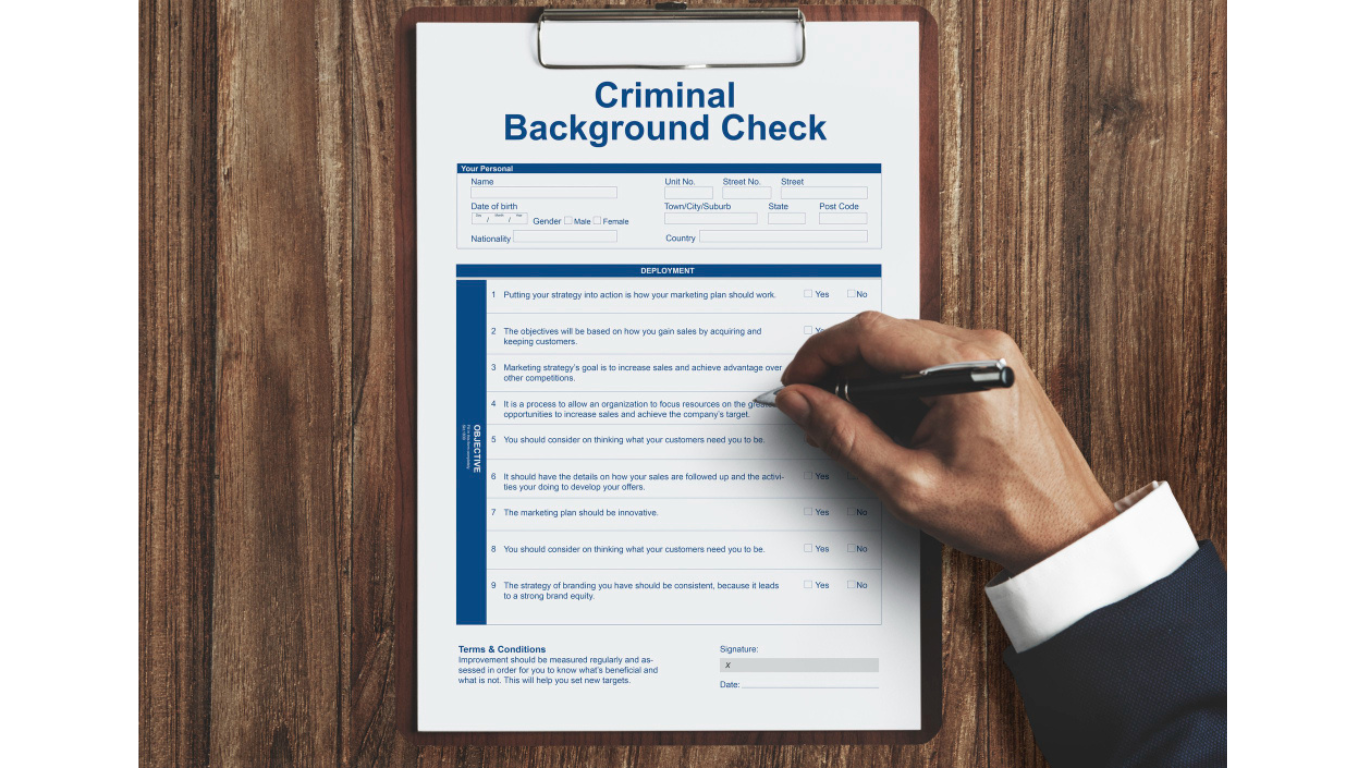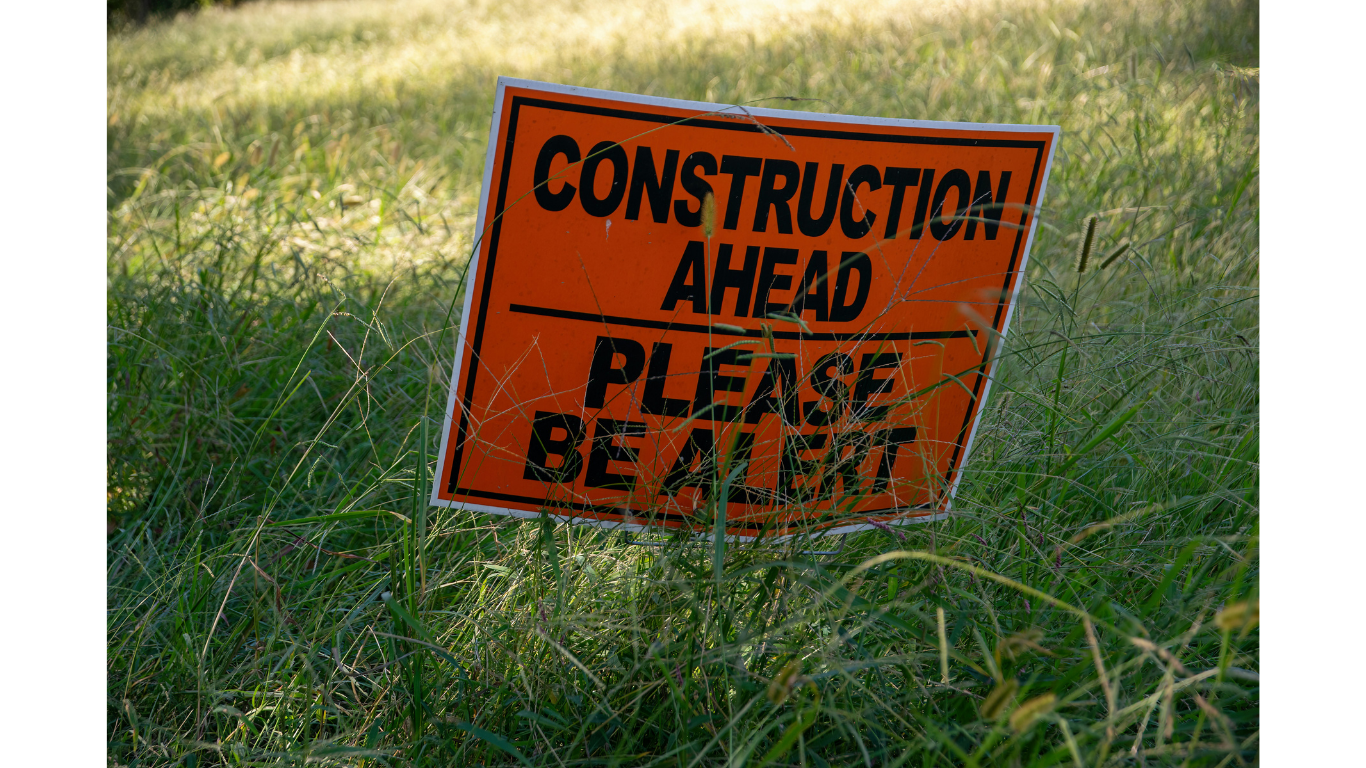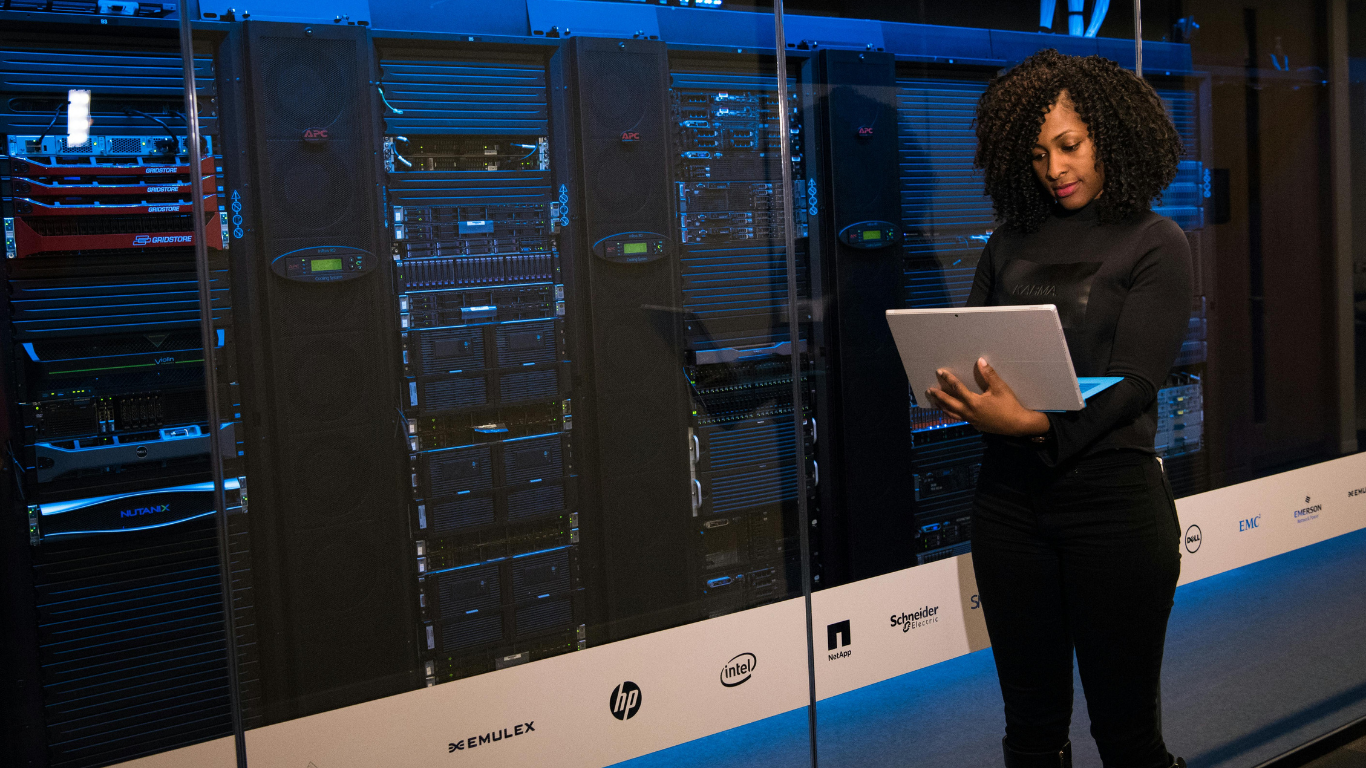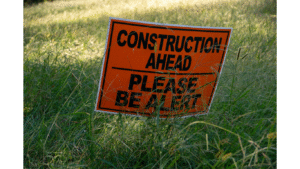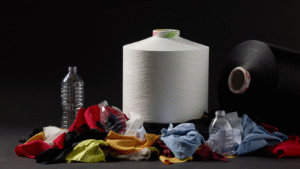Many industries in Australia require a National Criminal Record Check. This background check helps companies make smart choices and make places safer, whether you’re starting a new career, applying to volunteer, or getting a lease.
But what does the procedure include, and how does it affect you? Here are ten important facts to know about the National Criminal Record Check that might help you get ready for it and comprehend it better.
1. It’s Used in More Than Just Employment
Many people associate criminal checks with job applications, but they’re also used in volunteering, licensing, visa applications, and rental agreements. Any situation that calls for trust or public safety may require one.
2. It Covers Every Australian State and Territory
A national check puts together information from police databases in all states and territories. This makes it more thorough than local checks and makes sure you can see all of a person’s criminal history.
3. You Must Verify Your Identity
To avoid fraud and mistakes, the process needs confirmation of identification. To finish the application, you’ll usually need to show proof of identity, like a driver’s license, passport, Medicare card, or birth certificate.
4. Not Every Offence Will Show Up
Spent conviction laws protect people from having old or minor convictions unfairly held against them. These won’t appear in most checks unless the role involves working with vulnerable groups or the law requires full disclosure.
5. You Need to Give Consent
No one can access your criminal history without your permission. Whether it’s an employer or agency, your written or electronic consent is a legal requirement before they can request a check.
6. The Process Is Fast and Mostly Online
Today, most checks can be done entirely online through accredited providers. The turnaround time is usually quick, with many results delivered within one to five business days if all information is accurate.
7. Results Can Be Shared Digitally or in Print
Once processed, your check will be delivered in a secure format—either online or as a physical certificate. Depending on who requested it, the result might be sent to you or directly to the organisation.
8. There Are Different Types of Checks
Some checks are for general employment, while others are more specific, such as those for working with children or handling sensitive information. Make sure you’re applying for the right type based on your situation.
9. Errors Can Be Corrected
If your check contains incorrect or outdated information, you have the right to challenge it. There are processes in place to request a review or correction through the relevant authorities or provider.
10. It Helps Build Safer Workplaces and Communities
At its core, a National Criminal Record Check is a risk management tool. It helps employers, organisations, and communities create safe and trustworthy environments by identifying any serious past offences that may impact someone’s suitability for a role or responsibility.
Conclusion
A National Criminal Record Check is more than a formality; it’s a widely accepted standard for safeguarding workplaces and public spaces. Whether you’re applying for a job or volunteering at a local event, knowing what to expect from the process can make it quicker, smoother, and more transparent.
Article received via mail


